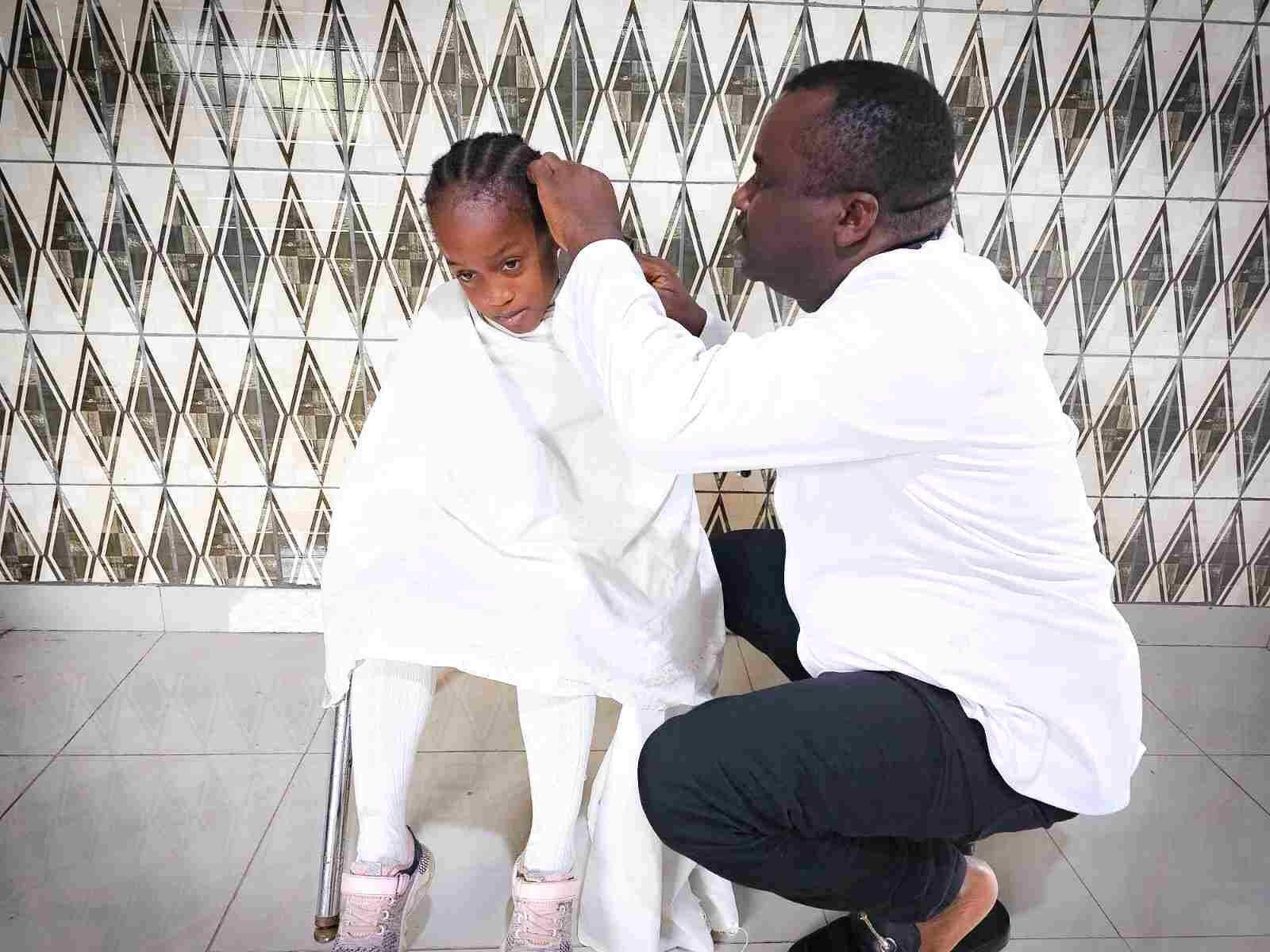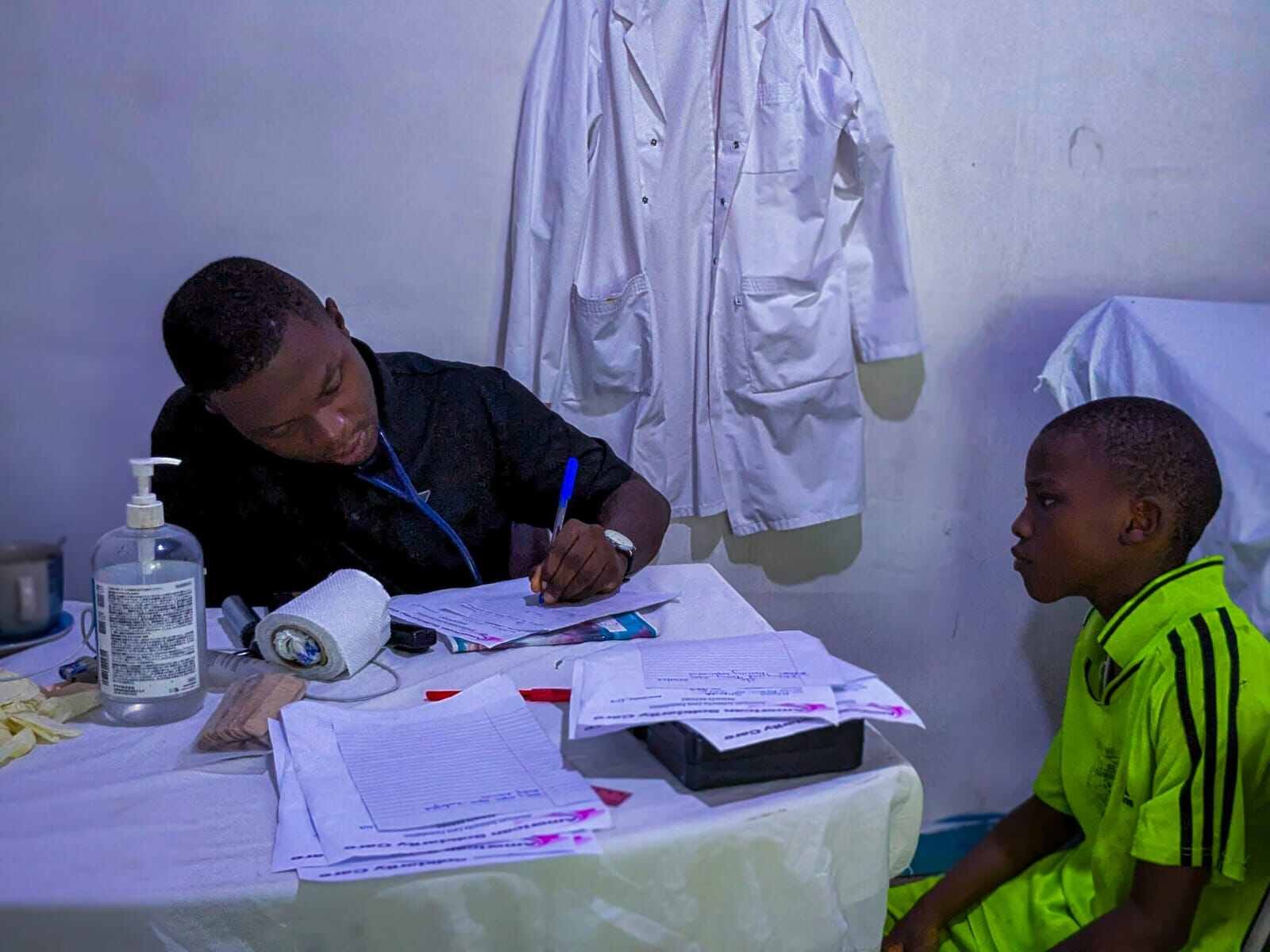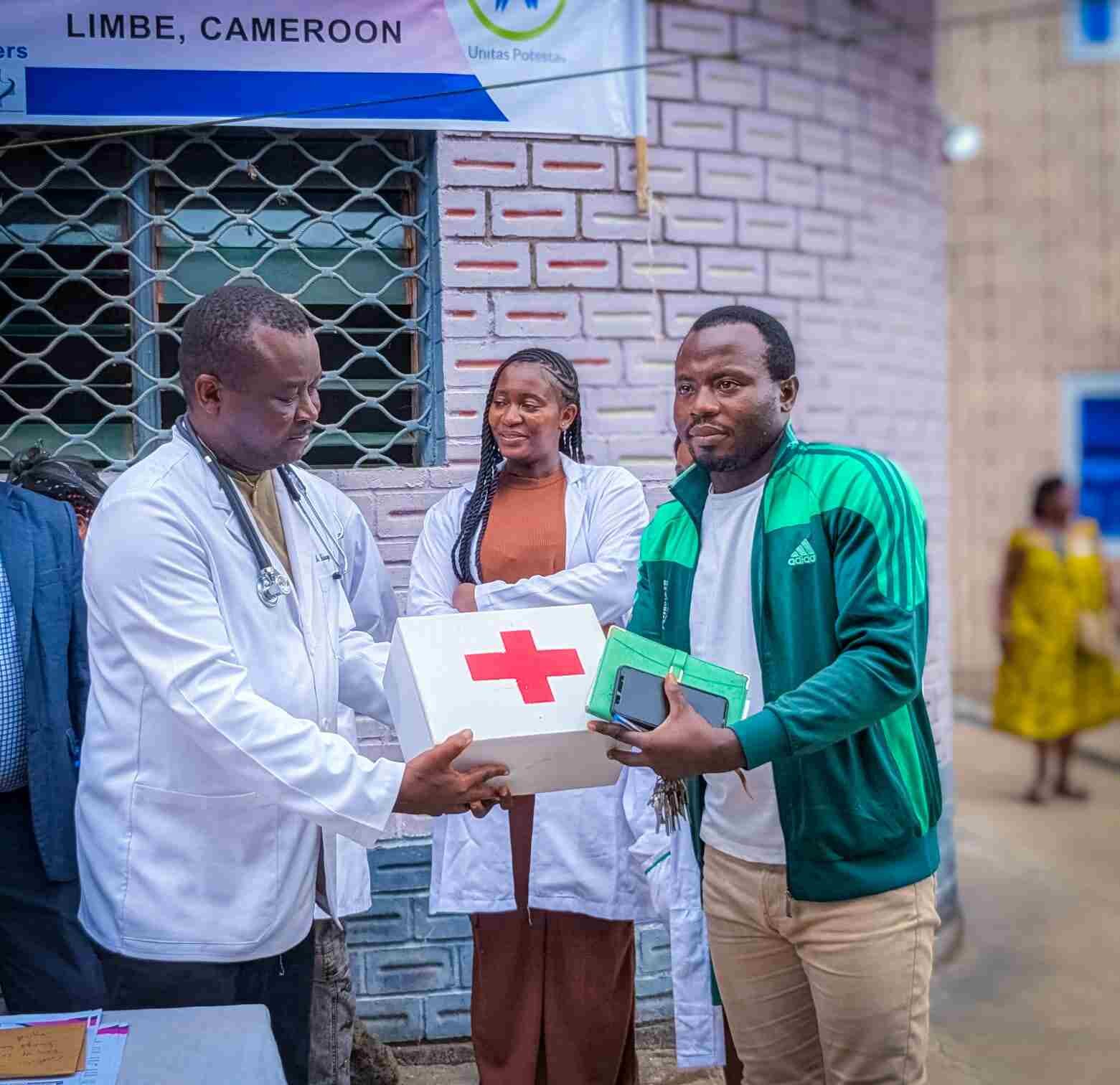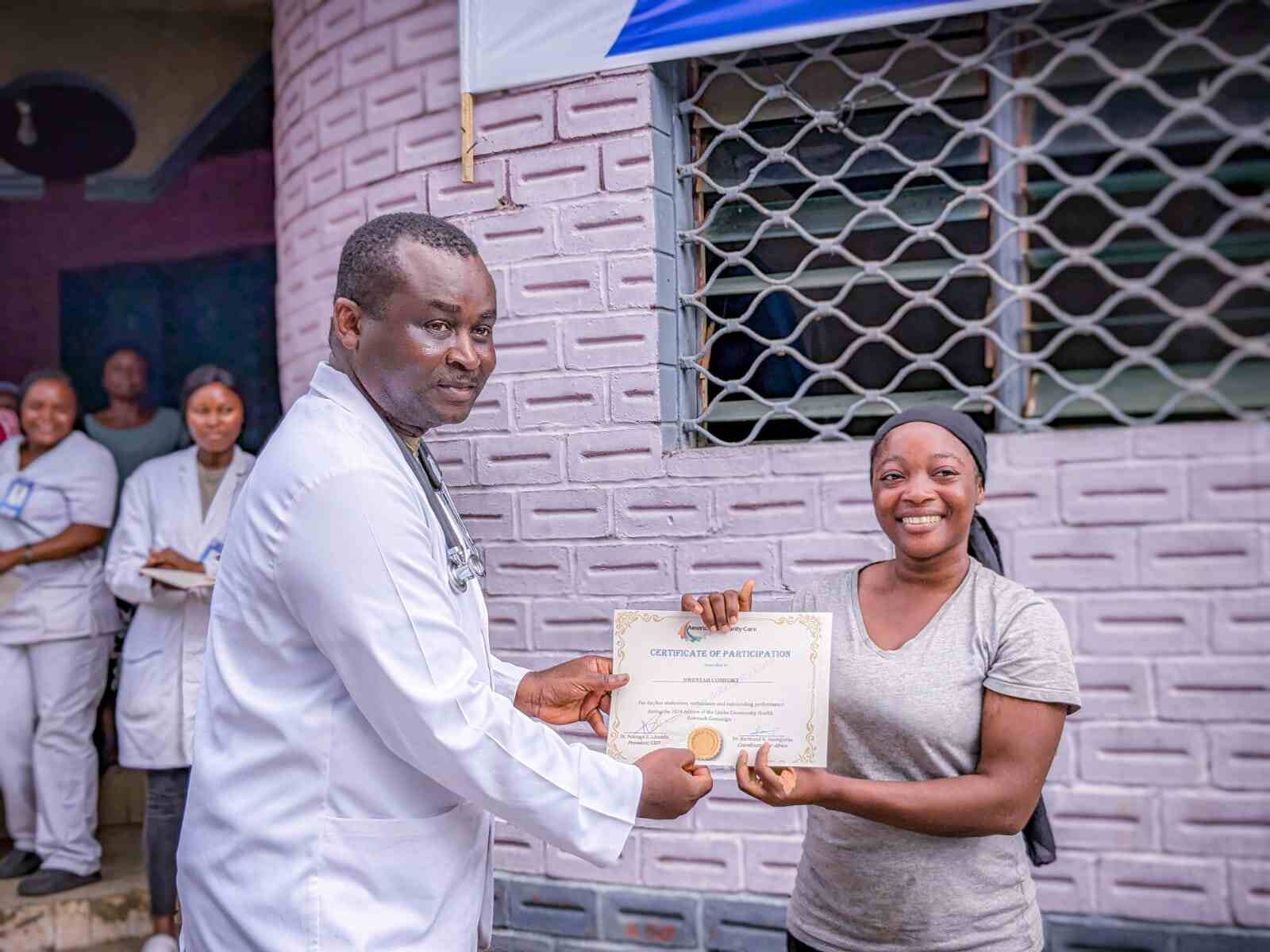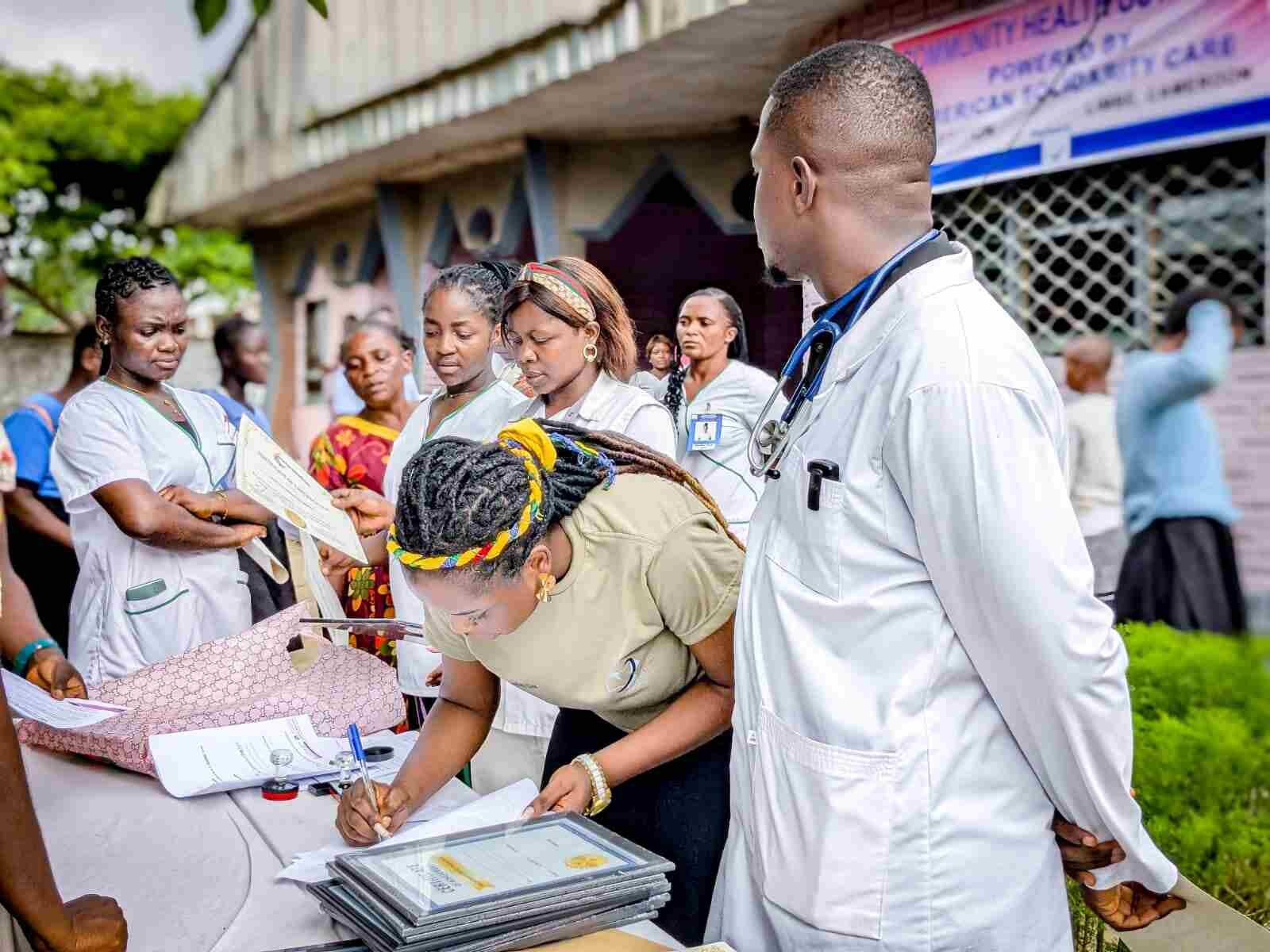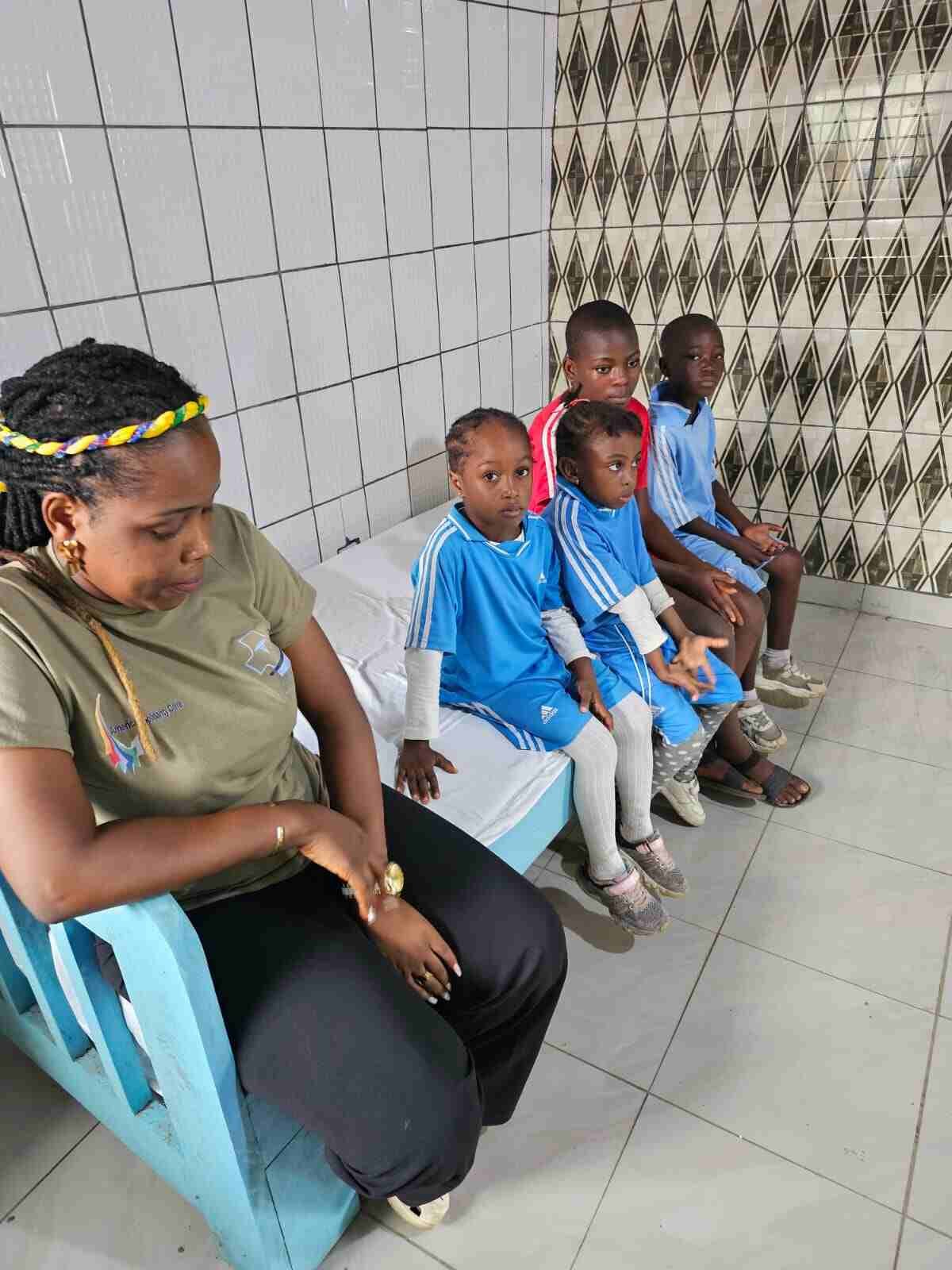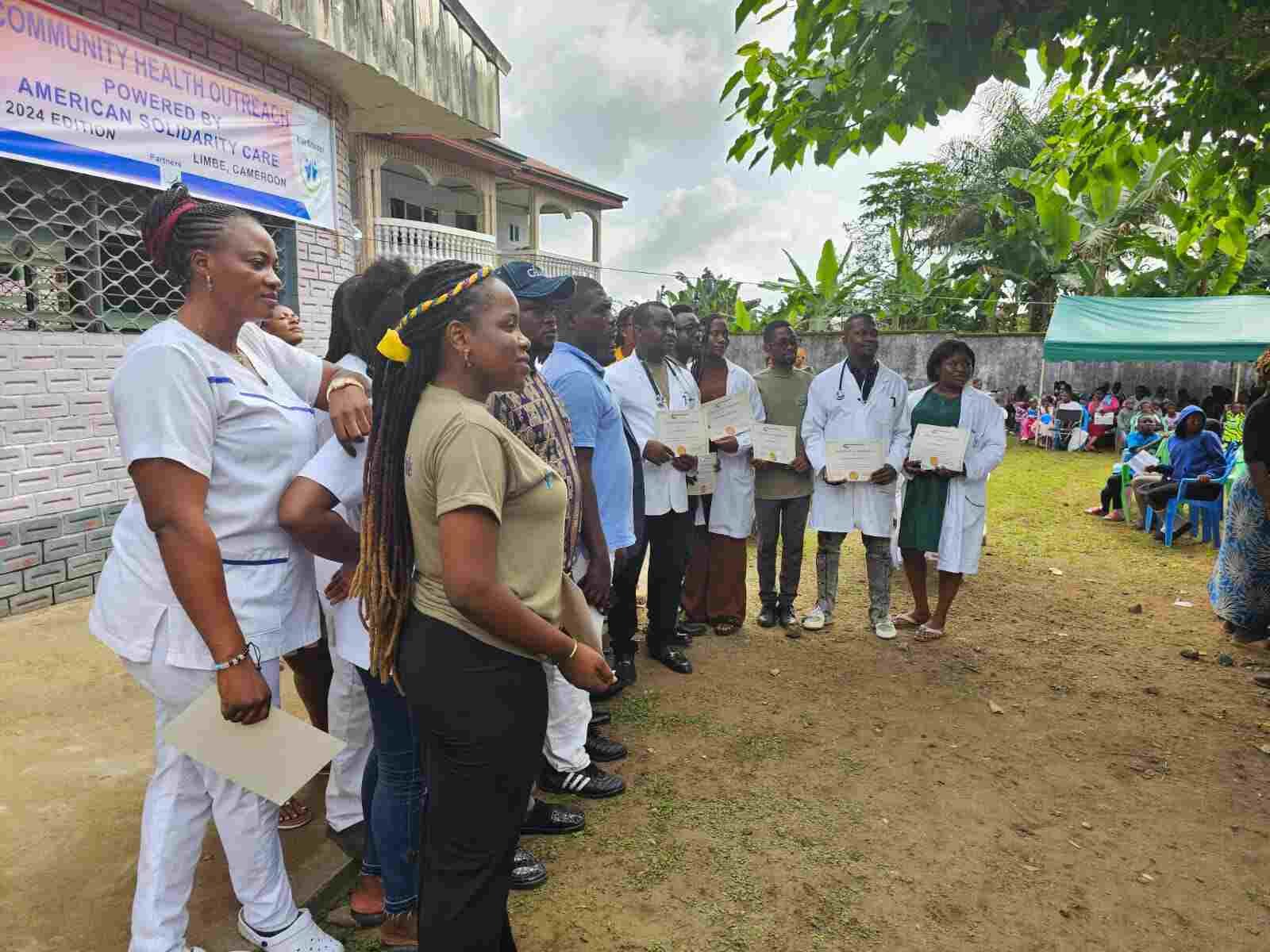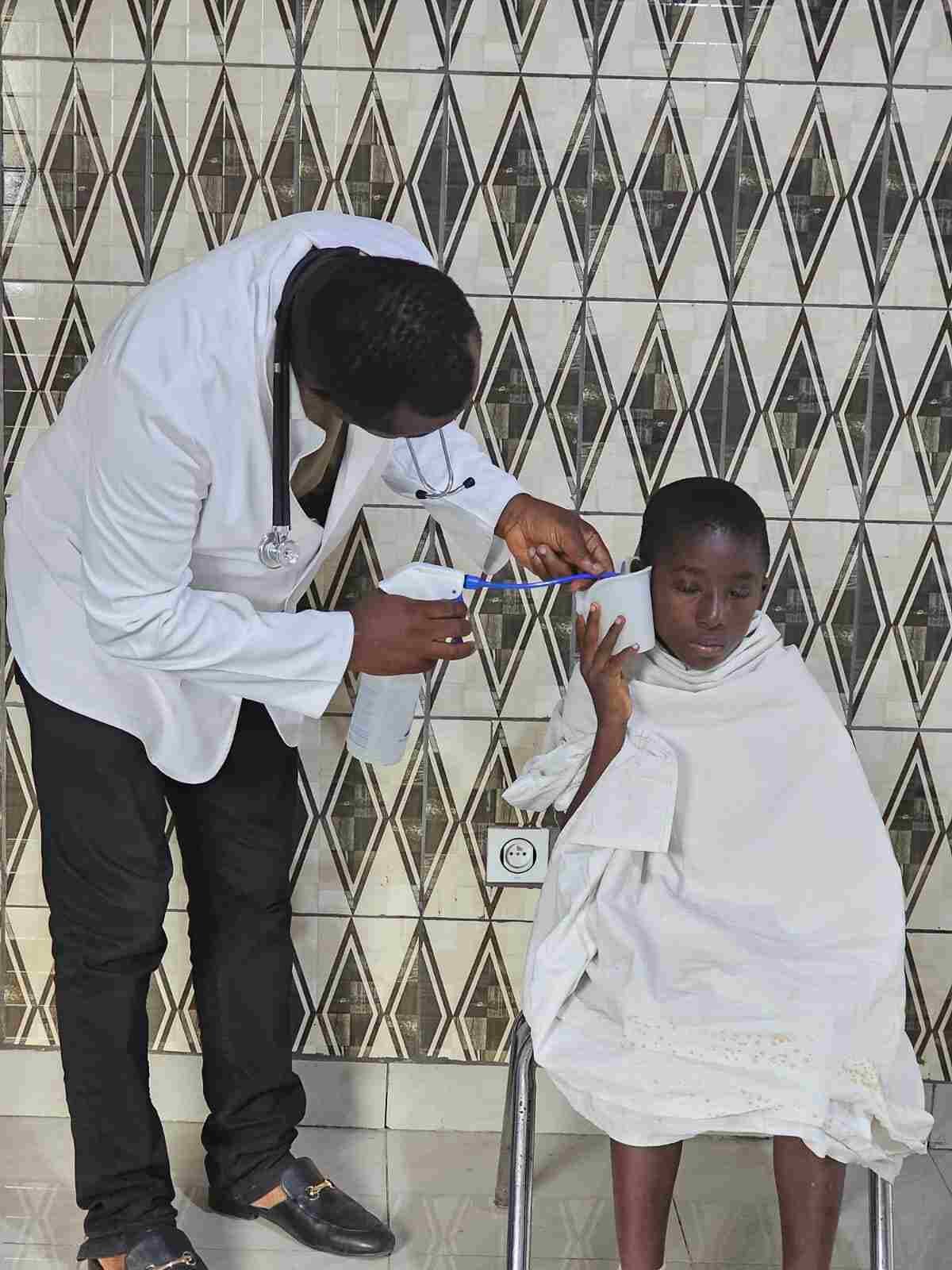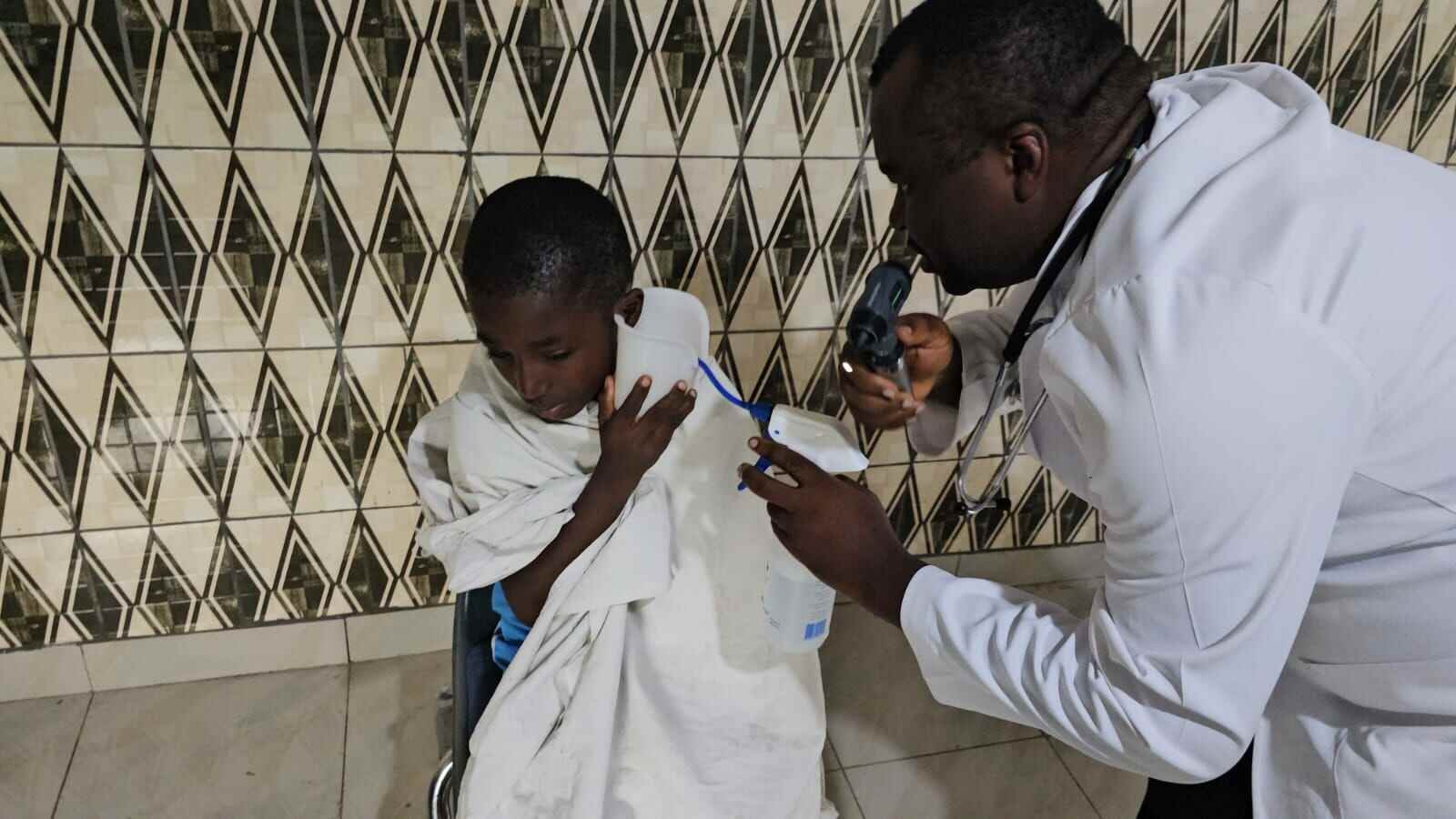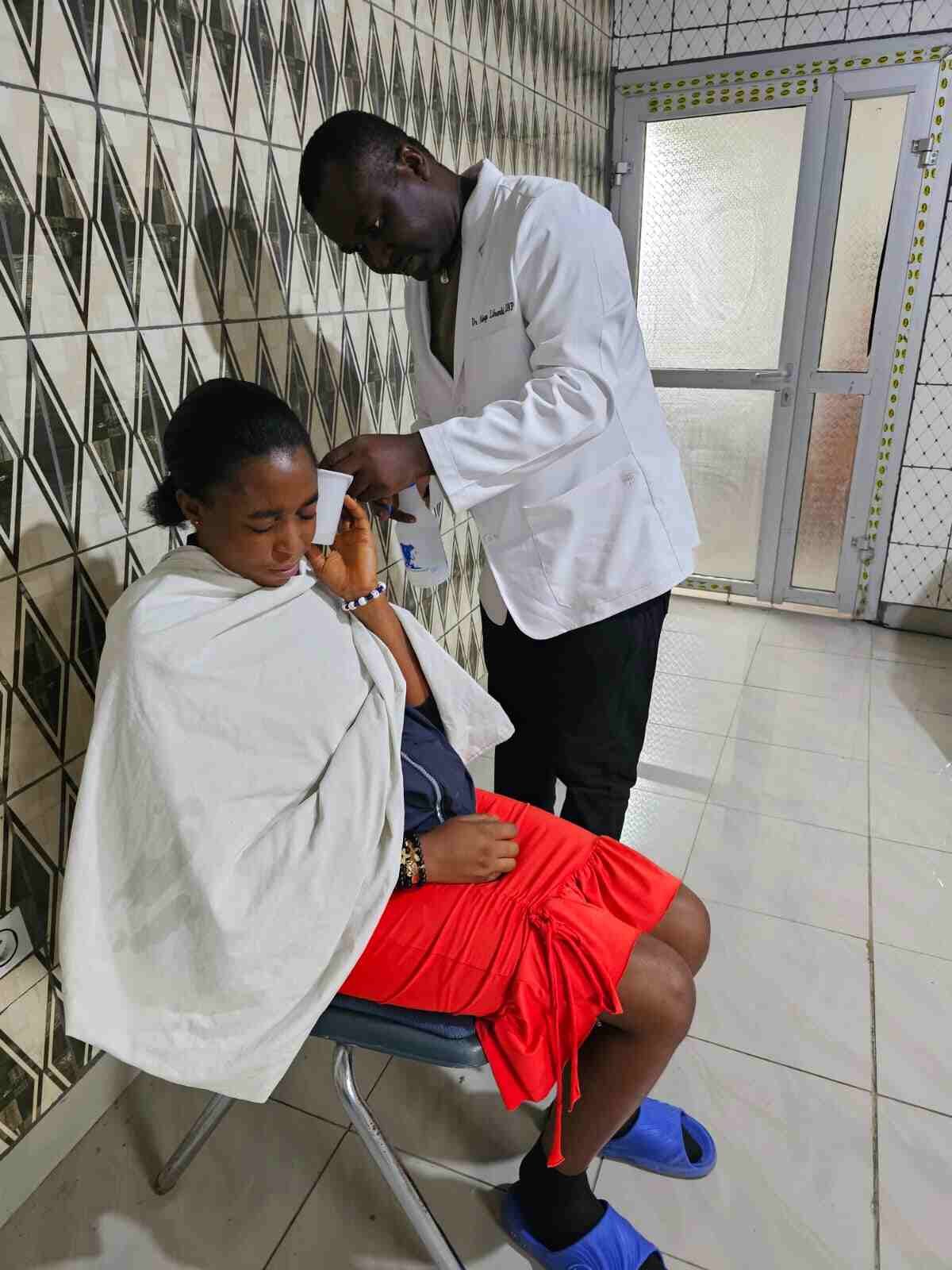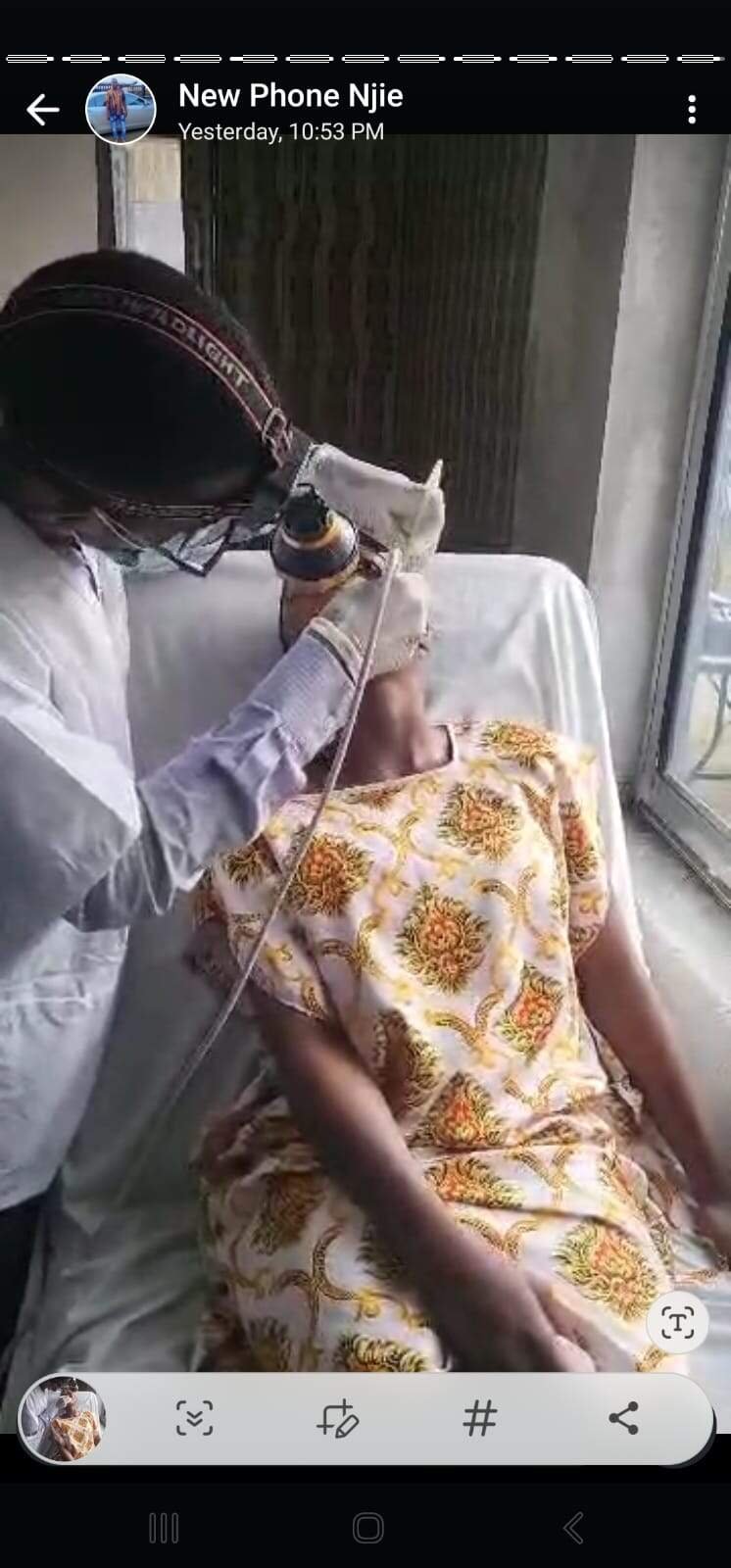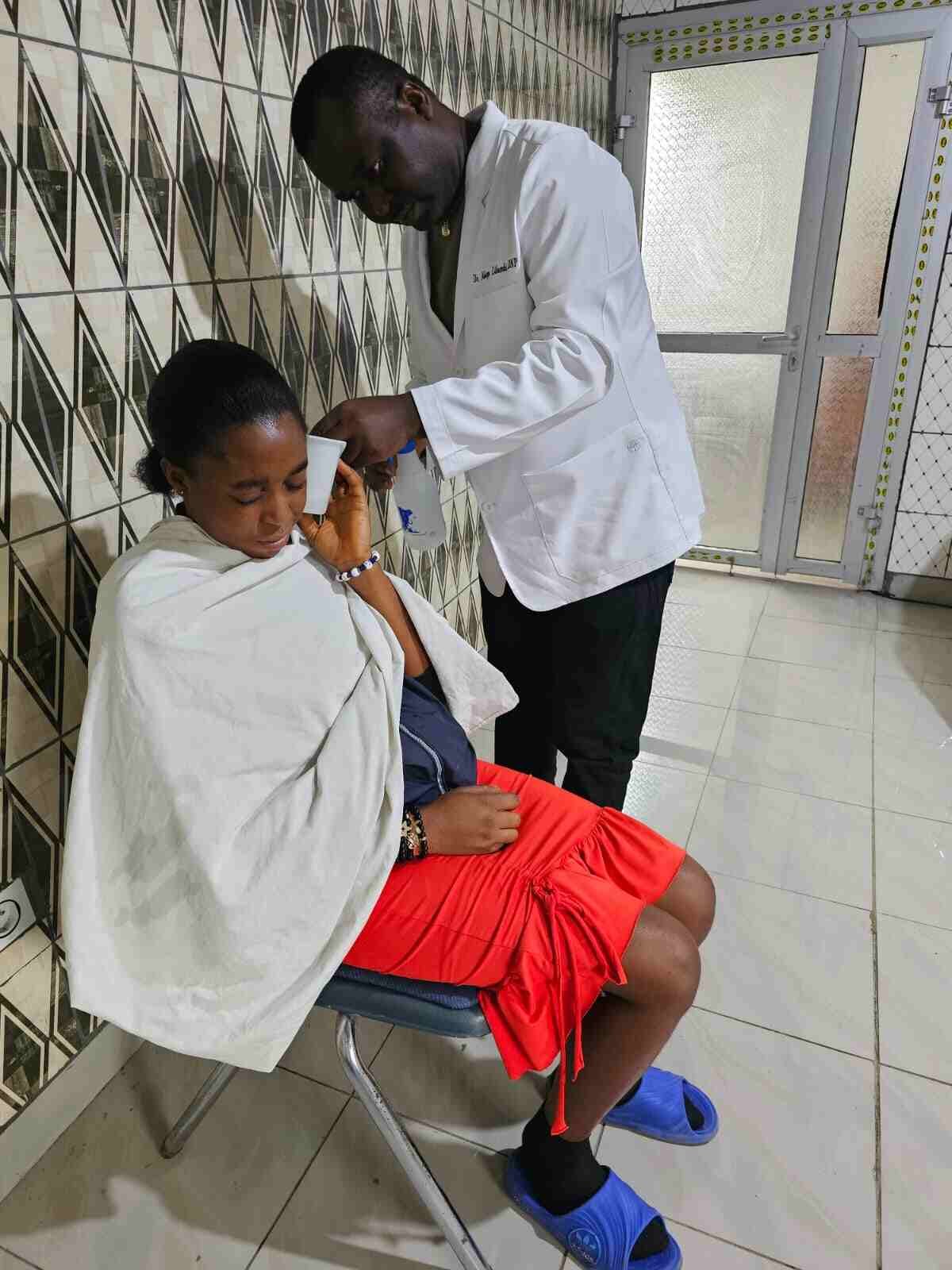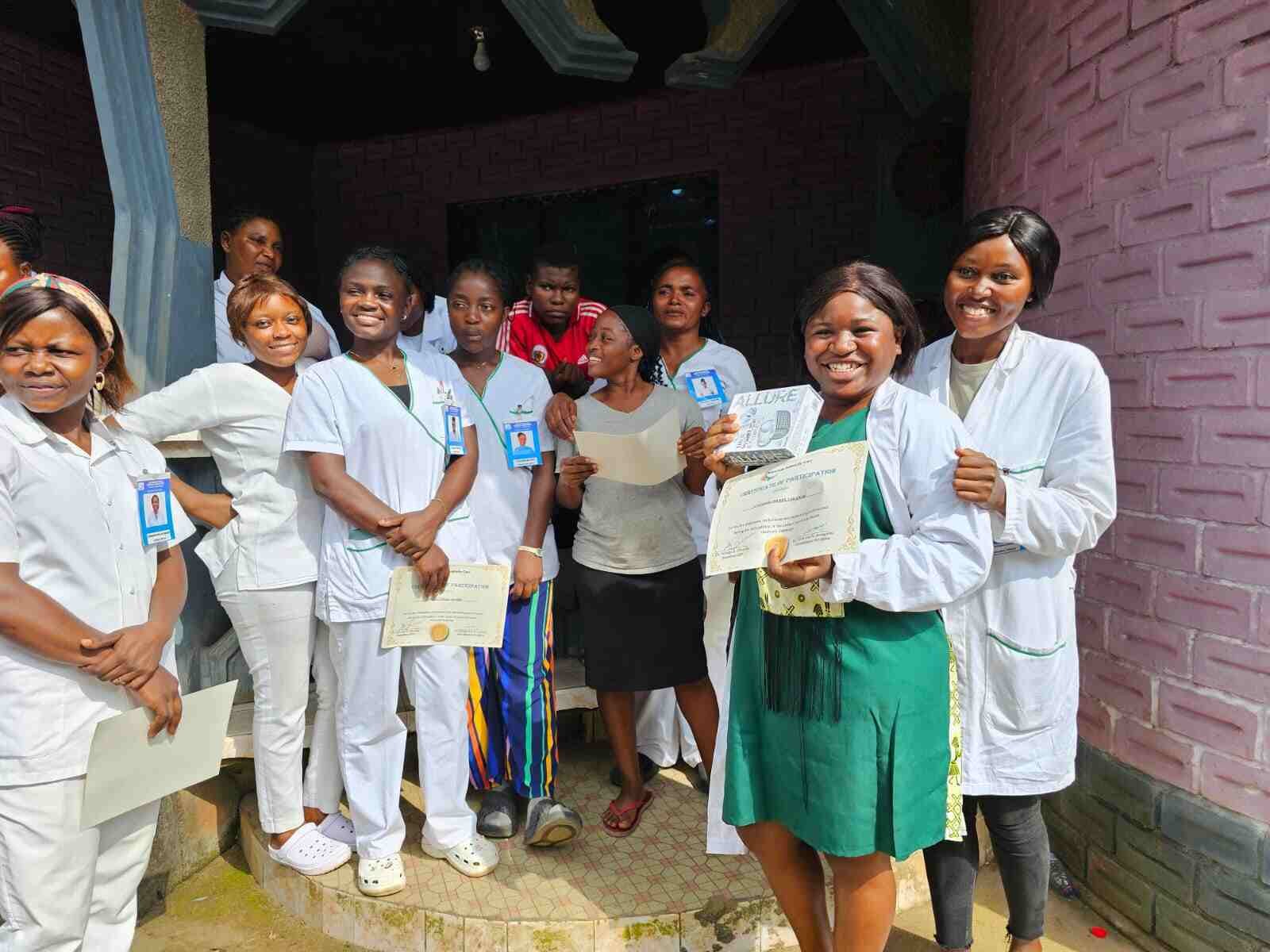
Our Impact
Our impact extends beyond the confines of traditional healthcare delivery. We prioritize community engagement and capacity building, fostering partnerships with local leaders and stakeholders to ensure the sustainability and relevance of our initiatives. By engaging in advocacy efforts and promoting health equity, we aim to create a future where every individual can lead a healthy and fulfilling life.
Increased Access to Healthcare:
By collaborating with local clinics in underserved areas, ASC have provided vital medical equipment’s and services to the underserved populations who might otherwise lack access due to geographical barriers and financial constraints. We have partnered with multiple local clinics to set standard clinic operations to manage common and complex health issues in Africa.
The Promotion of Preventive Healthcare:
ASC has engaged to educate communities in Africa about disease prevention through health awareness campaigns, screenings, and immunization programs, leading to earlier detection and treatment of illnesses. This initiative has created a huge impacts to the lives of the local communities.
Maternal and Infant Healthcare Support:
ASC has continuously provided specialized equipment’s to take care for pregnant women and newborns, including prenatal checkups, delivery assistance, and postnatal care. The provision of a fully functioning incubator and a delivery bed to the Likembi Advanced medical clinic is a recent example.
Capacity Building Within Local Healthcare Systems:
ASC has engaged in training and providing equipment to existing healthcare providers. We believe this will strengthen the capabilities of local health facilities. Recently, ASC has donated A full health scan machine including an EKG. This equipment is cable to accurately diagnosed different health parameters. We have also donated Basic chemistry point of care analyzer, Glucometers, Oxygen saturation analyzers, Blood pressure analyzers, infrared thermometers, Otoscope and ophthalmoscope sets and Modern laptops for community clinic to help them function efficiently.
Improved Access to Healthcare Services
Essential healthcare services have been lacking in the mile four, wotutu/ewongo local community areas. The actions of ASC have provided essential health services in these underserved and remote areas where local healthcare infrastructures were lacking. Specifically, the support to operate mobile clinics, providing free medical consultations, and distributing medications and medical diagnostics equipment to some clinics. A good example is the provision of an Incubator to the one local clinic to help save the lives of premature babies delivered in and around the communities.
Health Education and Awareness
ASC and partners have frequently organized health education campaigns that inform local populations about diseases, prevention methods (e.g., hygiene, vaccination), and healthy lifestyle choices. Many of these health education initiatives are designed to raise general health literacy, helping communities understand medical conditions, treatment options, and how to navigate the local healthcare system.
Capacity Building
ASC and partners have often provided training programs for local healthcare workers to enhance their skills and knowledge, improving the quality of care in the local communities. We do believe that by working with local community members, we can empower them to take active roles in improving their health outcomes and leading local health initiatives. Over eight medical doctors were trained on basics interpretations of ECG rhythms, on available ECG machines that were available during the 2024 health campaign in Limbe. The frontline staff were also educated on universal precautions to prevent blood born disease.
Improvement in Public Health Data and Research
ASC has been actively involved in contributing to health research, gathering data on local health challenges, disease patterns, and the effectiveness of different health interventions. Data collected during past health campaigns has assisted local authorities in conducting public health surveys, improving local health data and helping authorities plan more targeted and effective interventions.


